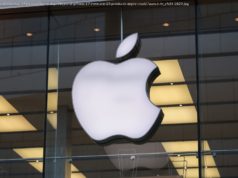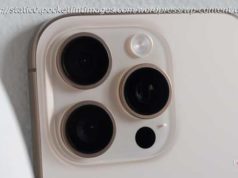Apple is making it difficult for third-party vendors to fix your latest MacBook laptops and other Mac devices. It is for those that feature the company’s T2 security chipset. Here’s what it means for you…
Recently, Cupertino giant Apple released a white paper on the T2 security chip that resides inside the new MacBook Air 2018 model and the latest MacBook Pro laptops. It revealed that the chip
disconnects the microphone in the laptop on a hardware level, making it near-impossible for hackers to access it without your knowledge. However, what it didn’t tell you was that it will also make it difficult for you to get it repaired from some third-party retailers.
Although this was known ever days after the new MacBook Air laptops were unveiled at an event in New York on October 30, the Cupertino company for the first time publicly admitted that it won’t be possible for anyone to repair the T2-laden MacBooks. The company says that T2 chip sporting Mac would require a software check to get the entire repair process done. Failing to do that will leave the device in an ‘inoperable’ state. The software check is to be done after components like the logic board or the TouchID sensor are replaced.
New Apple MacBook Air’s teardown reveals easier repairability than ‘Pro’
The laptop recently came into the news because of its easy battery replacement process, something which was not there in MacBooks with Retina screens ever since 2012. The iFixit teardown not only reveals that but also gives the device more repairability scores than the 12-inch MacBook and the MacBook Pro.
The firm did not give the entire list of components that fall under this policy. It also didn’t reveal if this policy is new or not. This would lock down the Mac device from third-party repair shops who don’t have access to the software.
We first heard about this limitation last month when a
document distributed to Apple’s authorized service providers leaked online. The documents additionally mentioned about the keyboard, trackpad and the display assembly as a part of the policy. Also mentioned was that for iMac devices, there will be a software lock if the logic board or the flash storage is replaced. It won’t run until the Apple Service Toolkit 2 is used by the company executive.
While this seems like a legit move by Apple to prevent users from using fake or cheaper components, the policy forces customers to spend on original components and get a bigger market share from independent providers.
01:11






